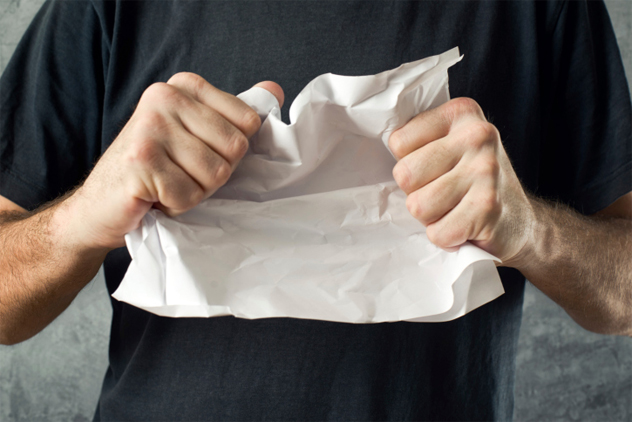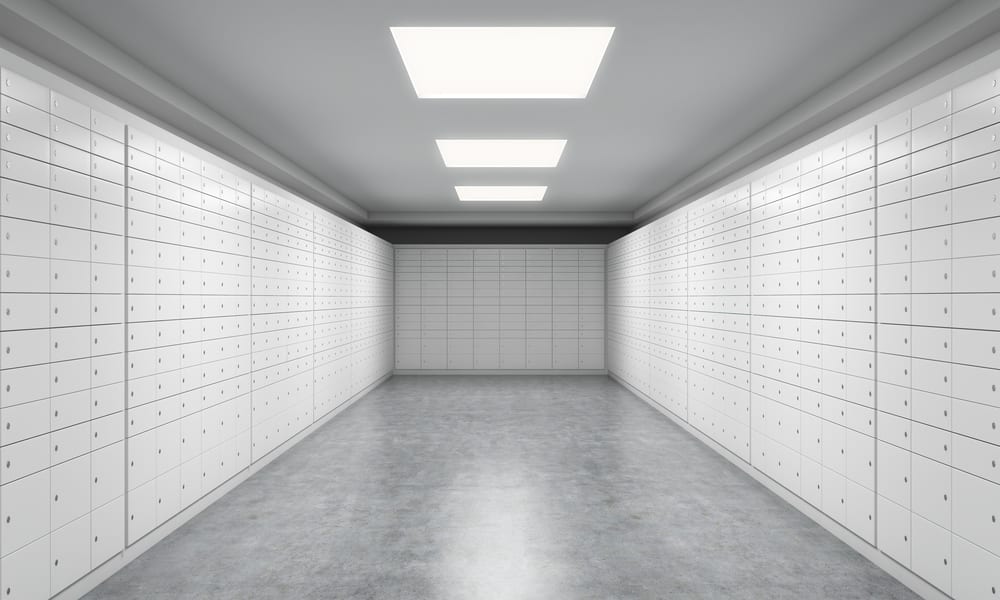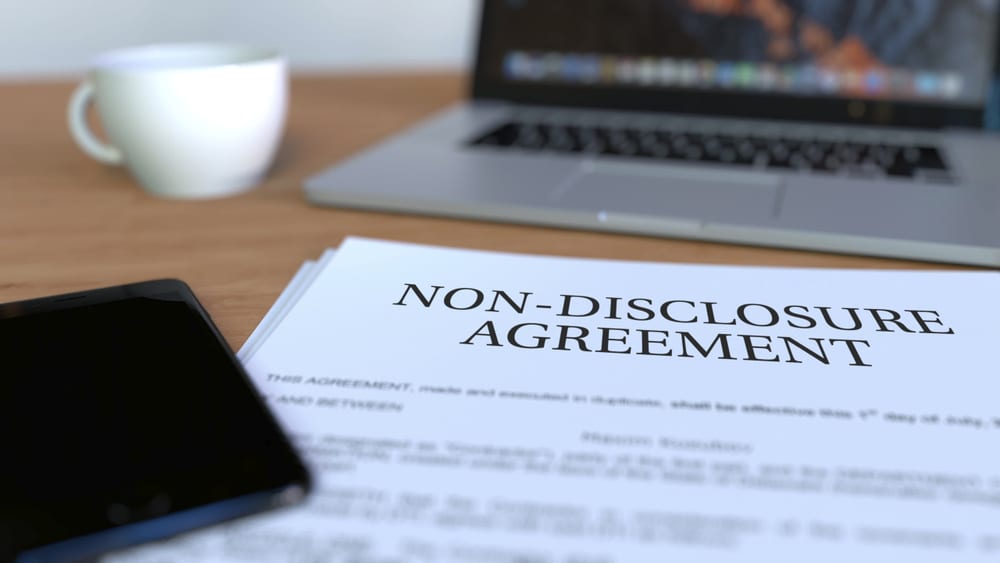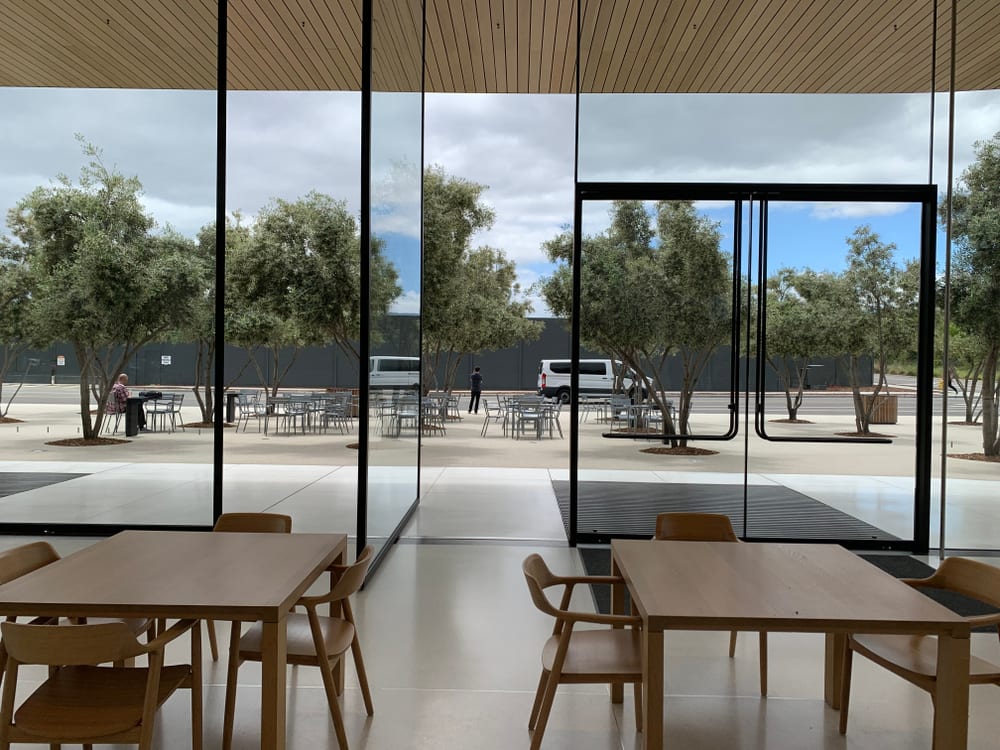 Our World
Our World  Our World
Our World  Pop Culture
Pop Culture 10 Incredible Female Comic Book Artists
 Crime
Crime 10 Terrifying Serial Killers from Centuries Ago
 Technology
Technology 10 Hilariously Over-Engineered Solutions to Simple Problems
 Miscellaneous
Miscellaneous 10 Ironic News Stories Straight out of an Alanis Morissette Song
 Politics
Politics 10 Lesser-Known Far-Right Groups of the 21st Century
 History
History Ten Revealing Facts about Daily Domestic Life in the Old West
 Weird Stuff
Weird Stuff 10 Everyday Products Surprisingly Made by Inmates
 Movies and TV
Movies and TV 10 Actors Dragged out of Retirement for One Key Role
 Creepy
Creepy 10 Lesser-Known Shapeshifter Legends from Around the World
 Our World
Our World 10 Science Facts That Will Change How You Look at the World
 Pop Culture
Pop Culture 10 Incredible Female Comic Book Artists
 Crime
Crime 10 Terrifying Serial Killers from Centuries Ago
Who's Behind Listverse?

Jamie Frater
Head Editor
Jamie founded Listverse due to an insatiable desire to share fascinating, obscure, and bizarre facts. He has been a guest speaker on numerous national radio and television stations and is a five time published author.
More About Us Technology
Technology 10 Hilariously Over-Engineered Solutions to Simple Problems
 Miscellaneous
Miscellaneous 10 Ironic News Stories Straight out of an Alanis Morissette Song
 Politics
Politics 10 Lesser-Known Far-Right Groups of the 21st Century
 History
History Ten Revealing Facts about Daily Domestic Life in the Old West
 Weird Stuff
Weird Stuff 10 Everyday Products Surprisingly Made by Inmates
 Movies and TV
Movies and TV 10 Actors Dragged out of Retirement for One Key Role
 Creepy
Creepy 10 Lesser-Known Shapeshifter Legends from Around the World
Top 10 Ways Apple Ensures The Secrecy Of Unreleased Products
Apple goes to extreme lengths to prevent information about its upcoming products from leaking before their official release. Many companies do this too but Apple has greater incentives to. It is one of the most copied companies in the world and consistent leaks could hurt its finances and give its rivals and copycats an edge.
As Apple has found out however, it is difficult to keep things under wraps particularly when you are a trillion-dollar company with over a hundred thousand employees. Everyone from the media to fans and investors are always interested in whatever you are working on and will do anything to get that information.
10 It hires digital forensic companies to expose leakers

Apple’s employees are fond of leaking company information to the press. This trend is so common that a memo warning employees against leaking company information to the press was leaked to the press. The details of another meeting where executives deliberated on how to catch leakers was leaked too.[1]
In response, Apple puts great efforts into exposing leakers. It even contracted the services of digital forensic companies like Global Security to trace leaked company documents back to the source.
So far, Global Security has exposed several Apple employees who leaked information about unreleased products to the press. It also works with Apple’s suppliers to track leakers along with those who gained unauthorized entry into restricted areas or stole patents, prototypes and completed products.[2]
9 It fines its suppliers

A few years ago, a sapphire glassmaker called GT Advanced went bankrupt. The company soon filed charges against Apple amidst claims a $50 million fine Apple imposed on it contributed to its downfall.
We do not know the explicit details of the fine because both companies signed a non-disclosure agreement. However, from the limited details GT’s attorneys presented in court, we know Apple fined the company for leaking information about the unreleased iPhone 6. GT’s lawyers described the agreement between Apple and GT as “oppressive and burdensome”.
According to reports, Apple always fines its suppliers for leaks traced back to their facilities. The suppliers cannot refuse to pay because it is part of the conditions listed in their contracts.[3] Apple and GT later agreed to a $3.5 million settlement.[4]
8 It uses codenames for its unreleased products

Apple uses codenames for all its prototypes and unreleased products. That way, no one will have an idea of what the product is about even if the codename leaked.
For example, the Apple watch was codenamed Gizmo, Mac OS was codenamed Systems and the iPhone was codenamed Purple. The iPhone was developed in a dedicated “lockdown room” (we will get back to this soon) codenamed the Purple dorm. Employees working there adhered to strict rules like never talking about the prototype iPhone outside the room.
The 1994 Power Macintosh 7100 computer was codenamed after astronomer Carl Sagan, who was unimpressed when he found out. Apple responded by renaming it Butt-headed Astronomer. Sagan filed charges, first against the Butt-headed Astronomer codename and later, the Carl Sagan codename. He lost both. He and Apple later reached an agreement to codename the computer LAW, which means Lawyers are Wimps.
The controversial naming convention was extended to the Mac OS 7.5, which was also slated for release in 1994. It was originally codenamed Mozart but changed to Capone after Apple discovered Windows had codenamed its upcoming Windows 95, Chicago. Apple’s name was a pun on the infamous Al Capone who once ruled over the Chicago crime scene.[5]
7 It uses former intelligence agents to secure unreleased products

Apple’s numerous suppliers are its weakest links. Their employees are infamous for leaking unreleased products to the press. One of Apple’s worst leaks occurred a few years ago when an employee of a Chinese supplier called Jabil stole thousands of casings of the unreleased iPhone 5c and leaked it to the press.
Apple responded by assembling a team of former American soldiers and intelligence agents to monitor its Chinese suppliers. It called them the New Product Security Team (NPS). Every member of the team understood Chinese, so language was no barrier.
The New Product Security Team had unhindered access to supplier’s factories where they audited their inventories and checked the trash to confirm no material was missing. The team was largely successful. On one occasion, they even caught some workers who had dug a tunnel to smuggle Apple’s products out of the factory of an unnamed supplier.[6]
6 It threatens to end contracts

Apple has a long list of things it could do to suppliers and contractors that leak its unreleased products. It could fine them, file charges or in extreme cases, end their contract, even if it only suspects them of being responsible for the leak.
This has made many Apple contractors like Foxconn, which assembles iPhones, to turn their facilities into modern fortresses. Foxconn employees can only gain access to the factory with security cards after which guards crosscheck their identity with fingerprint scanners. Guards also use metal detectors to search them before they leave the facility.
Apple’s contractors take their security so seriously that guards at a Foxconn factory in Longhua, China, beat up and harassed a Reuters reporter for taking photos of the facility from the street. The harassment only ended when the reporter called the police.
The reporter realized an apology was all he would get after a police officer told him, “You are free to do what you want but this is Foxconn and they have a special status here”. The reporter did not file charges.[7]
Top 10 Best Apple Ads of All Time
5 It builds lockdown rooms

If you think Apple is strict with its suppliers and contractors, wait until you know how it treats its own employees. Like contractors, most Apple employees are in the dark about Apple’s unreleased products. They are only told what they need to know, when they need to know it.
Every employee knows something is in the works when they see a carpenter walk into their office. However, in keeping with Apple’s policies, they do not ask questions because they know someone would have spoken to them if it were their business.
The carpenters soon set up windowless rooms that are only open to authorized personnel. Apple calls these rooms “lockdown rooms”. They are the birthplace of most products and services developed by Apple.
Employees outside an office only discover the existence of a lockdown room when their access badges stop granting them access to certain rooms and offices. The rest do not know what is happening and are often as surprised as we are when Apple suddenly releases a new product.[8]
4 It secures its prototypes with bicycle chains

Apple developed the iPad in one of the windowless lockdown rooms we talked about in the previous entry. According to a developer who wrote code for the iPad, he was the sixth person to touch the unreleased iPad and one of the four people allowed into the lockdown room containing the prototype iPads.
Apple built frames round the tablets so the developers could not see what they looked like. They could not move the tablets either because Apple secured them to the table with bicycle chains. Apple took photos of every part of the table containing an iPad so they could trace leaked pictures by comparing the patterns of the wood grains.
The developer added that Apple took down the names and social security numbers of everyone working in the room. They were explicitly forbidden from talking to anyone about the iPad. That includes their boss and wife.[9]
3 It made third-party developers sign non-disclosure agreements

Every Apple employee is required to sign a non-disclosure agreement just like employees at every other major tech company out there. However, Apple got into the news for the wrong reasons a few years ago when it asked third-party developers building apps for the App store to sign non-disclosure agreements.
Apple had just opened the App store to third-party developers at the time and it was concerned they may leak confidential secrets that may be helpful to its competitors. The contract forbade developers from disclosing the details of the applications they were working on or even if their app was rejected from the store.
The contract was controversial at the time because the developers were not Apple employees and liked letting their community know about their latest projects. The developers extensively condemned the agreement, causing Apple to suspend it a few weeks later.[10]
2 It built an employee-only restaurant

Apple will go to any length to prevent its employees from spilling confidential information even if means separating them from the public. This was what happened in 2012, when it built an exclusive restaurant for employees at its former headquarters in Cupertino, California.
Apple had a restaurant inside its Cupertino office at the time. However, it was open to visitors on the condition they were with an employee. As it turned out, the presence of an employee was not enough to dissuade Apple’s fears that rival businesses and journalists may visit to eavesdrop on conversations. So it built a second restaurant to exclusively serve its employees.[11]
1 It forbids employees from talking about Apple online

Apple has detailed guidelines about what its employees can say about the company and their coworkers. This rule applies even if the employee does not identify themselves as Apple employees. For example, no employee can talk about another employee without permission from the employee involved.
Employees cannot write about Apple on blogs or websites, even if it belongs to them or Apple, or comment on rumors about Apple anywhere on the internet, even if it is just their own opinion.
The rules extend to employees who identify themselves as Apple’s employees on social media. Apple says they have to behave in socially acceptable ways since people will consider them an extension of the company. For one, they cannot comment on any controversial content on the internet.[12]
10 Reasons Apple Will Control The Future Of Mobile Technology








